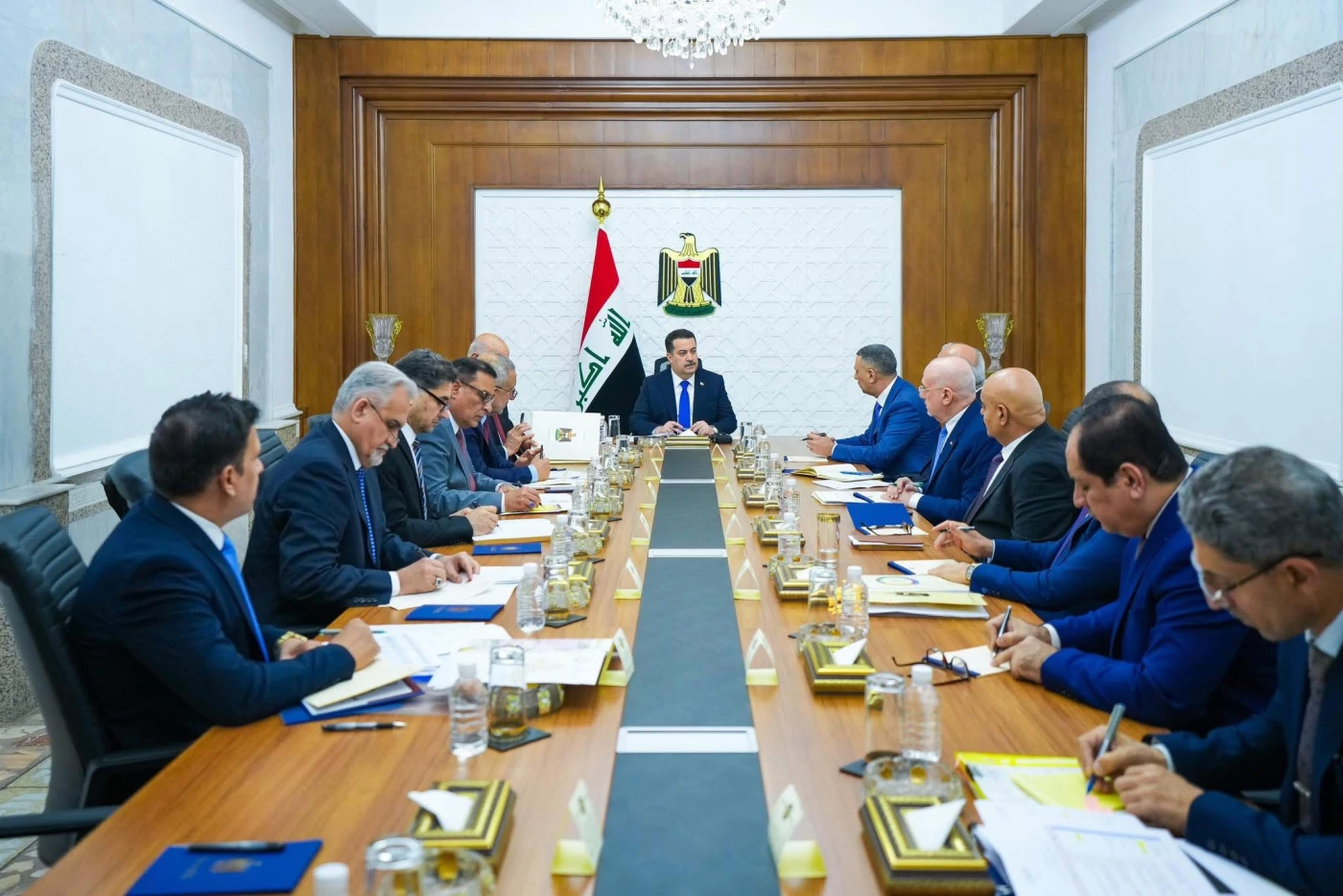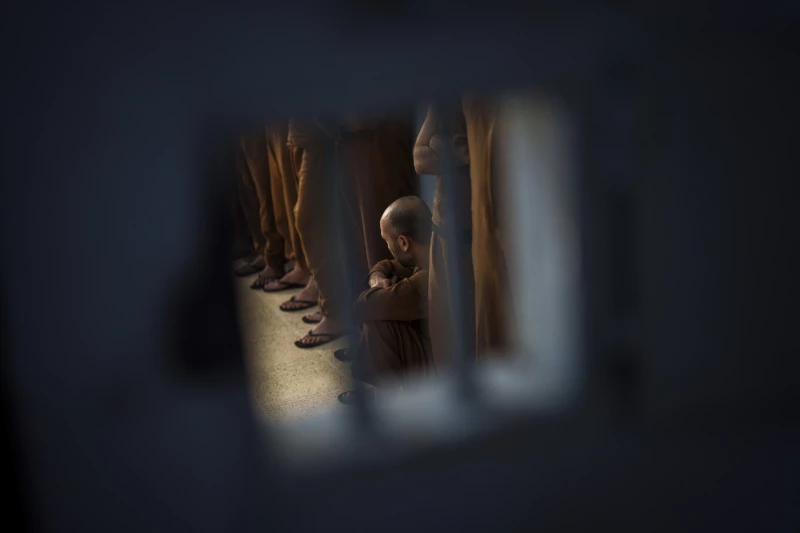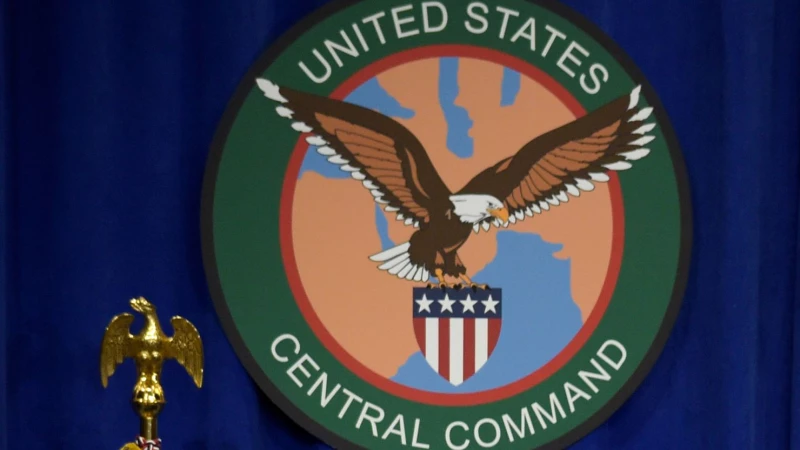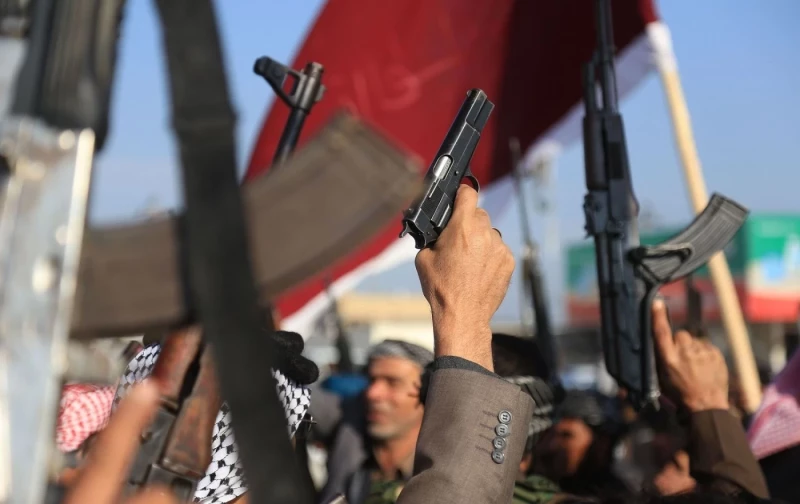DUBAI, UAE - Iraqi Prime Minister Mohammed Shia’ al-Sudani on Monday led a high-level meeting to discuss public services in northern Basra, as environmental warnings raised concerns about worsening water pollution in the area.
Iraqi Environment Minister Halo Askari, Basra Governor Asaad al-Eidani, and representatives from the oil and planning ministries were present at the meeting.
According to a statement from Sudani’s office, the talks focused on improving water treatment, building new sewage plants, choosing landfill sites, and exploring the potential of waste-to-energy power generation.
Sudani stressed the importance of fairly distributing oil industry benefits to all communities, especially those most harmed by pollution. He also called for faster progress on new hospitals approved this year, including a planned 200-bed facility, and urged more land to be allocated for additional health centers.
The statement said the government plans to boost the role of the service and engineering task force in northern Basra, resolve delays on road projects near the al-Zubair Bridge, and settle issues around a soil quarry in the Sadiq district. Sudani urged contractors to speed up work.
The Iraqi premier also directed government agencies to draw up a clear action plan based on the meeting’s results, coordinate more closely with the Basra governor’s office, and hold regular meetings to push forward stalled projects.
Earlier in the day, the Green Iraq Observatory issued a serious warning about rising salt levels in the Shatt al-Arab waterway, predicting possible health risks this summer if no action is taken.
In a statement also obtained by The New Region, the observatory said total dissolved solids (TDS) had reached 14,000 in the Sayhan area of the Abi al-Khasib district, an unusually high level. It warned the salt level could rise to 30,000 TDS in central Basra, or about half the salinity of seawater.
The group urged the government to move quickly, calling for “firm negotiations” with neighboring countries over shared water sources, the building of dams and desalination plants, and tighter controls on violations at river sources, including by oil firms and powerful local actors.
The observatory warned that without urgent steps, worsening solid waste pollution could cause a major health and environmental crisis for thousands of families in Basra during the summer months.



 Facebook
Facebook
 LinkedIn
LinkedIn
 Telegram
Telegram
 X
X


